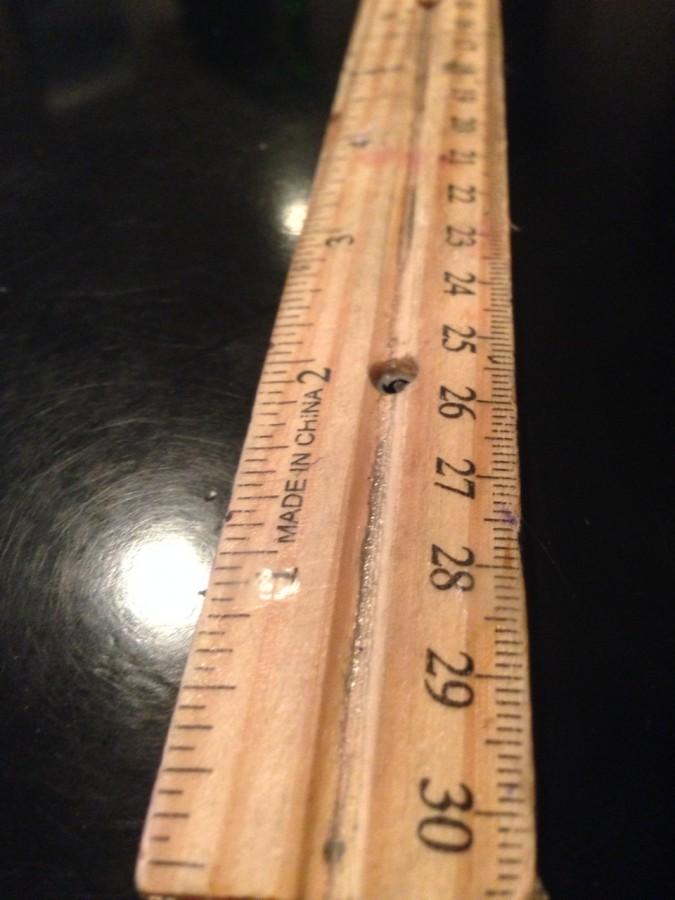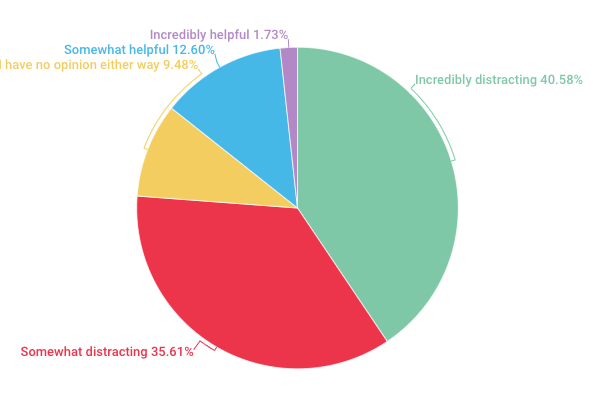Converting to the Metric system is long overdue
January 23, 2016
For the sake of science and global unification, it is time for the U.S. to convert to the Metric system.
Mathematics is said to be a universal language, yet comprehending it is another matter entirely. Although the formulas that define the world as we know it have remained constant, the measurements used to represent a mathematical relationship have not.
Calculations have been unnecessarily complicated by conversion tables, especially in the U.S. where the standard units of measurement are derived from the Imperial system. Aside from the odd intervals of twelve inches to one foot with 5,280 feet per mile and so on, the Imperial system clashes with the more widely accepted Metric system.
Many researchers have adopted the Metric system as their standard system of units for studying and instructing in their field of work. Versatility is key in science where many pursuits can lead discussions or applications of their findings in an international context where other countries may only use Metric units. Not to mention, accuracy is often critical when solving problems in science and simple conversion mistakes can have catastrophic consequences.
That said, it will not only benefit researchers and engineers to convert to the Metric system, but it would also be a step towards making global data more manageable by promoting a consistent method of interpreting the behavior of the matter as well as the data produced by researchers.
By using a different system, the three countries who primarily use the Imperial system (U.S., Myanmar and Liberia) isolate themselves from a global standard of mathematical language. In the end, people around the world would benefit from a more cohesive and universal system of measurements.












